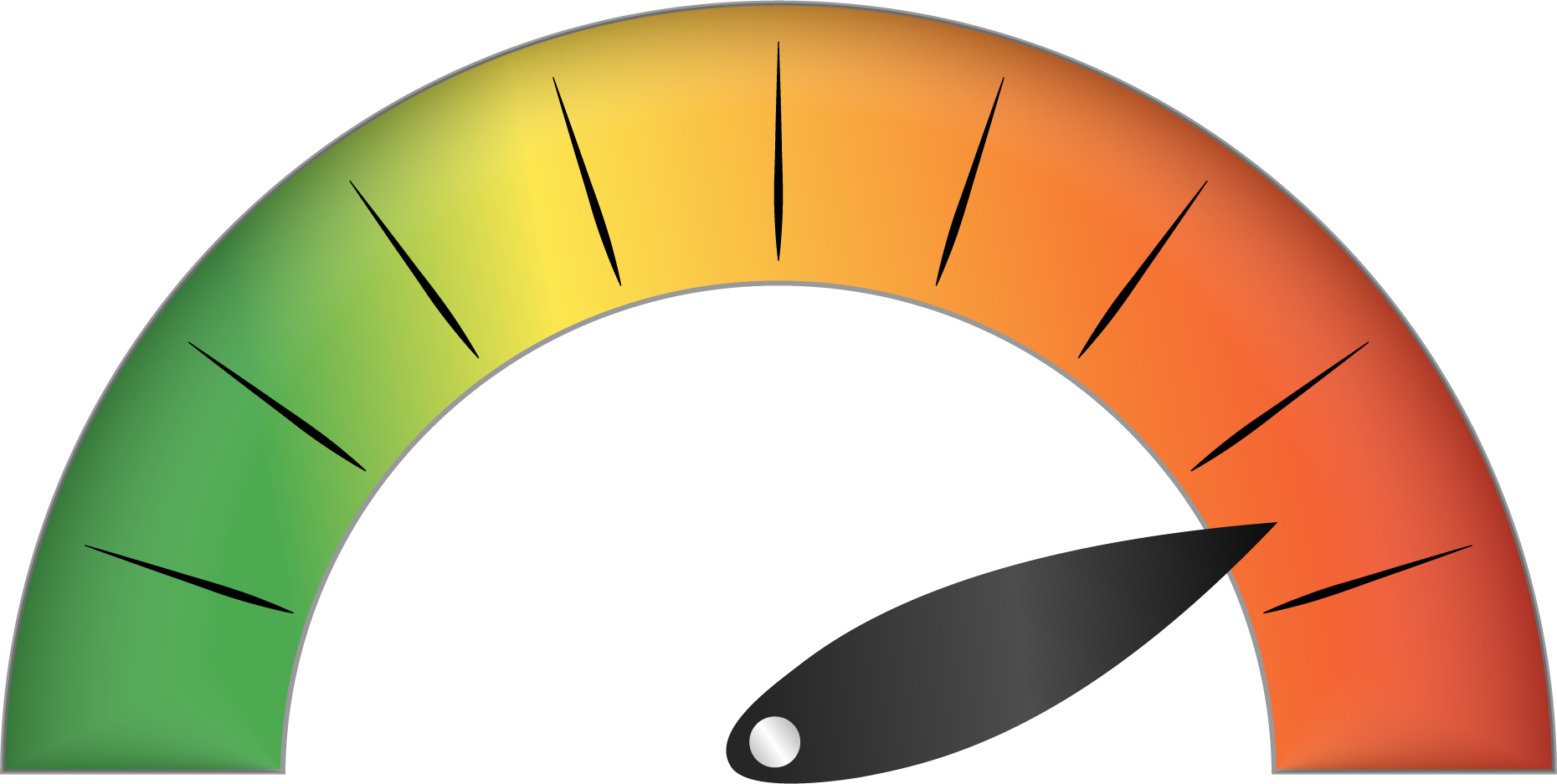Welcome To Your Enneagram Mood Check-In ✨

Your current state is:
unhealthy
Where Are You Right Now Enneagram 3?
Under stress, you might overwork yourself or overly focus on image, leading to burnout. This mirrors a move toward Type 9 energy, where you may feel apathetic or disconnected. Notice this as a cue to slow down, reflect, and align your actions with your true desires.
How This Shows Up: Signs You’re Here
You might feel like you’re performing for others rather than being yourself. Overworking or obsessing over image may leave you disconnected or emotionally drained. You could find yourself stuck in a cycle of 'doing' without feeling truly fulfilled, questioning if your success really matters.
I become deceptive, scheming, relentless
How This Feels: Emotional Indicators
You might feel restless or hollow, as though you’re constantly chasing validation but never truly satisfied. For instance, you could win an award or hit a personal milestone yet immediately worry about what’s next or whether others were impressed enough. It’s like running on a treadmill—you’re moving, but it’s exhausting and unfulfilling.
WHAT’S FUELING THIS:
Common Triggers or Mindsets
-
You tie your self-worth to external validation or success.
-
You feel threatened by failure or falling behind others.
-
You overwork yourself to maintain an image of competence.
FINDING YOUR BALANCE
-
Stop what you’re doing and ask, “Am I doing this for me or for others’ approval?”
-
Set a timer and take a 10-minute break—close your laptop, stretch, or step outside.
-
Remind yourself: “I am valuable for who I am, not just what I do.”

Remember: This Is Temporary
If you’re feeling disconnected or stuck right now, remind yourself that this moment is not forever. Each day offers opportunities to reset and reconnect with your true self. Start small, using the advice above to realign with what truly matters to you. You’re capable of finding your way back to balance.

Celebrate Your Growth:
When you’re feeling disconnected or overwhelmed, leaning on your support system can help you slow down and reconnect with yourself. Share your feelings with someone who knows the real you, beyond your accomplishments. Whether it’s a trusted friend, partner, or coach, letting someone in can remind you that you’re valued for who you are. This state will pass, and reaching out can make all the difference in finding your way back to balance.
New to the Enneagram Levels of Development? Start Here!
LEVELS OF DEVELOPMENT
Each type is divided into 9 levels of Psychological Health, 1= highest & 9=lowest. These are grouped into Healthy, Average & Unhealthy. At each level, we employ different strategies to reinforce our identity
Core Traits of Enneagram 3 at each Level
HEALTHY
1
Authentic, modest, genuine, content, inspiring.
2
Confident, competent, polished, ambitious, poised.
3
Charismatic, driven, image-conscious, focused, high-achieving.
AVERAGE
4
Workaholic, self-promoting, competitive, anxious about failure, inauthentic.
5
Overly driven, superficial, approval-seeking, neglectful, status-obsessed.
6
Deceptive, exploitative, opportunistic, over-extended, impatient.
UNHEALTHY
7
Fraudulent, ruthless, hollow, cynical, exploitative.
8
Vindictive, arrogant, manipulative, unethical, self-destructive.
9
Pathologically dishonest, desperate, narcissistic, delusional, destructive.
Enneagram Levels of Development: Healthy, Average, and Unhealthy
HEALTHY RANGE:
In the healthy range, you’re not overly tied to your self-image or identity. You feel free to explore and express yourself in authentic and dynamic ways. By letting go of rigid definitions of who you are, you naturally align with your values and act in ways that reflect your true self, effortlessly reinforcing your sense of purpose and wholeness.
-
Level 1 – Liberation (Ego transcended-balance and freedom)
-
Level 2 – Psychological Capacity (Ego is identified as an ideal-self)
-
Level 3 – Social Value (Ego operating in a constructive way)
AVERAGE RANGE:
In this range, some imbalance starts to show, and your focus narrows. You may become more preoccupied with your identity and how others perceive you. To maintain this image, you might rely on social roles, subtle manipulation, or trying to control situations, all in an effort to reinforce your sense of self.
-
Level 4 – Imbalance (Ego-role assumed, defences increased)
-
Level 5 – Interpersonal Control (Manipulative & Defended)
-
Level 6 – Overcompensation (Ego inflation, conflicts with others)
UNHEALTHY RANGE:
In the unhealthy range, your focus on your identity becomes so intense that it distorts your perception of reality. You may see yourself in a way that feels completely disconnected from how others experience you, creating a sense of isolation or misunderstanding.
-
Level 7 – Violation (Survival tactic, neurotic)
-
Level 8 – Delusion and Compulsion (Major personality disorder)
-
Level 9 – Pathological Destructiveness (Psychosis, breakdown).
UNHEALTHY RANGE
AND ITS LEVELS
7. Level of Violation: EXPLOITATIVE OPPORTUNIST
At this level, Type 3s become consumed by the fear of failure and humiliation, willing to do whatever it takes to maintain their illusion of success. Deceptive and opportunistic, they manipulate situations to stay ahead, secretly envious of others’ achievements. Covering deep feelings of insignificance, they sacrifice integrity for short-term wins, becoming increasingly dishonest and secretive as they chase validation at any cost.
8. Level of Delusion & Compulsion: MALICIOUS DECEIVER
At this level, Type 3s become entirely consumed by maintaining their false image, fearing that exposure will lead to complete ruin. Desperate and detached from their true self, they resort to deception and manipulation to cover their tracks. Jealous of others’ success, they may betray or sabotage those around them, acting without remorse. Paranoid and untrustworthy, they will do whatever it takes to stay on top, no matter the cost.
9. Level of Pathological Destructiveness: VINDICTIVE PSYCHOPATH
At this level, Type 3s spiral into complete emotional numbness, consumed by rage and vengeance. Feeling utterly rejected and worthless, they become relentless in their need to destroy anything—or anyone—that reminds them of their failures. Malicious and remorseless, they sabotage others' success and happiness, obsessed with eliminating any threat to their fragile self-image. Their pursuit of dominance turns ruthless, leaving destruction in their wake.